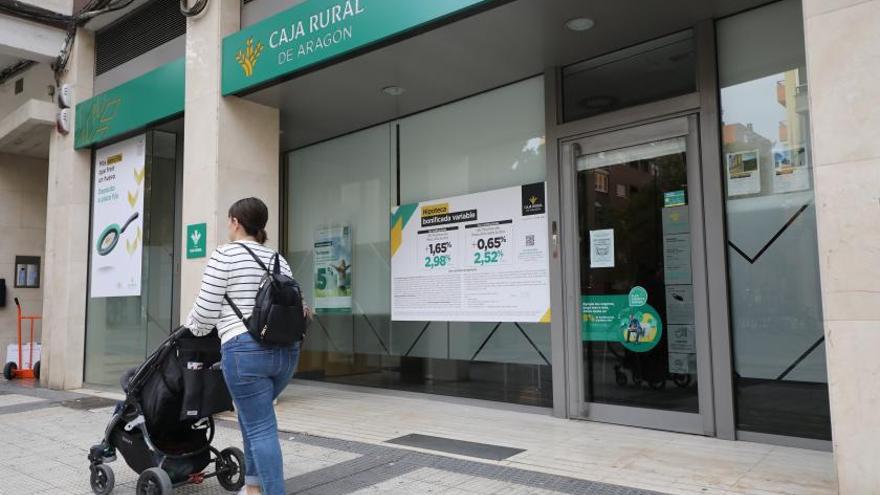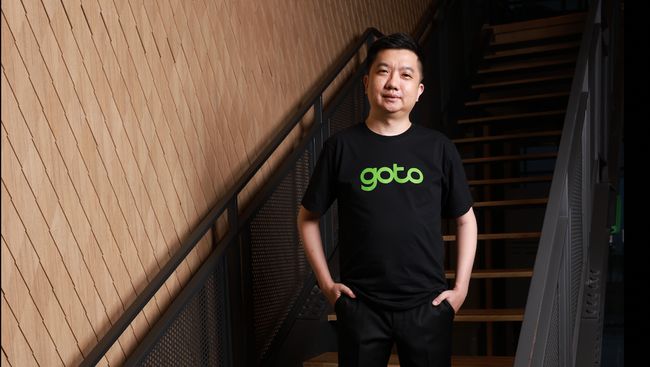The mortgage has always been the biggest drag on family economies, but in the last year households have seen their monthly installments skyrocket in a way that has not been remembered since 2008, together before the economic and financial crisis broke out. So much so, that the expense for those who have a loan to pay for the house will be increased by about 3,500 euros a year (around 290 euros per month) in the case of having subscribed a variable mortgage of 150,000 euros with a repayment period of 30 years. In other words, it would go from paying 500 to about 800 euros after the Euribor (the reference index) has reached 4.15%.
This scenario has led many Aragonese to launch and pay cash for their homes, or to repay all or part of the loans with the aim of saving some interest that is dwindling by leaps and bounds the savings of families. The data consulted by this newspaper indicate that as of November 2022 more than 50% of the sales in the Aragonese market have been paid to tocateja. In December of last year, the community reached the historical maximum, since 52.15% of the properties that were purchased were paid in cash, according to data from the College of Notaries, to which this newspaper has had access (see graph ).
The evolution of the Euribor is directly proportional to the increase in cash payments for real estate in the community. It was in July 2022, at which time the Euribor was on the verge of reaching 1%, when that percentage grew to exceed 40%. And the escalation has gone further, until in February of this year almost 53% of the sales were paid in full. And all this, despite an adverse economic context, with a skyrocketing inflation that is now beginning to give some truce and a European Central Bank (ECB) determined to keep this price increase at bay despite what that means for the economies of countries and families. In addition, the cost of housing has not slowed down and, according to the latest data from the real estate portal pisos.com, it has grown by 7.6% in Aragon in the last year to reach 1,459 euros per square meter in the month of July .
Lower private credit
Meanwhile, data from the Bank of Spain confirm that private credit in Aragon has fallen by 3.9%a trend that has been consolidated since September 2022, which confirms the increase in early repayments.
From Ibercaja they point out that this behavior responds, not only to the evolution of interest rates, but also to the price of housing, household income or the term of the loans. In any case, the Aragonese bank indicates that “the amounts of family mortgage loan repayments in the last year (review of the first quarter of 2023) have grown by 16% compared to the second half of 2022.” Nevertheless, the reduction in savings accumulated during the pandemic and the existence of other investment opportunities have slowed the growth of amortization anticipated in recent months.
The other two entities consulted by this newspaper, CaixaBank and Caja Rural de Aragón, point in the same direction: the client seeks to reduce the cost of what the interest on the mortgage entails, although the scenario is different depending on the type of profile. At CaixaBank, for example, the rise in the monthly installments of mortgagees ranges between 90 and 110 euros per month, far from the 300 euros that those who have a newly signed 30-year loan with variable interest have to disburse more . Sources from the entity point out that “in recent years, 90% of customers have opted for fixed interest”, which means that the increase in the Euribor has not had such a notable impact on their monthly payments.
Meanwhile, from Caja Rural de Aragón they highlight that “the rapid increase in the Euribor during the second half of 2022 caused a considerable increase in early repayments in the last quarter of the year.” The entity appreciates, however, that the mortgage operations firm has fallen almost 7% in Zaragoza and up to 25% in Huesca in between January and May of this year, although “we have managed to maintain a solid position in the market thanks to an offer that includes fixed and variable rate loans and mixed mortgages with fixed interest tranches for the first 5 or 10 years.”
Precisely from Ibercaja they point out that this type of product is the one that has gained the most strength in recent months, since it represents practically 80% of operations. The remaining 20% is divided equally between fixed and variable mortgageshighlights the head of Commercial Strategy at Ibercaja, Víctor Royo, who stresses that early repayments have lost strength and, although they are growing, they are far from the increases of more than 100% registered between the months of August 2023 and March of this year .
There are many foreigners who apply for a mortgage in Spain to buy a home. Most of them are of European origin, have an average income of close to 6,000 euros per month, are interested in buying homes that cost more than 200,000 euros, and are looking for fixed-rate loans, according to a report from the real estate portal idealista.es. This study shows that in 15.6% of the cases, the amount financed represented less than 50% of the purchase price, although in half of the operations it represented between 60% and 70%.
In the Aragonese community, the average income of foreign households that apply for a mortgage is around 4,700 euros per month. The price of the house they acquire is 111,700 euros, of which 84% is done through bank financing (94,078 euros), according to the report. In Spain, the Valencian Community represents the majority of the requests, with 29.4% of the total; followed by Andalusia and Catalonia, with 21.3% and 14.1%. The highest mortgages are for the purchase of homes in the Balearic Islands and Madrid, since in both cases the average amount exceeds 200,000 euros.
2023-08-07 04:10:06
#Aragonese #pay #mortgages #cash

:quality(90)/cloudfront-us-east-1.images.arcpublishing.com/sdpnoticias/ROO5OPYS4ZF7XNWIKSVWG37NJQ.jpg)
